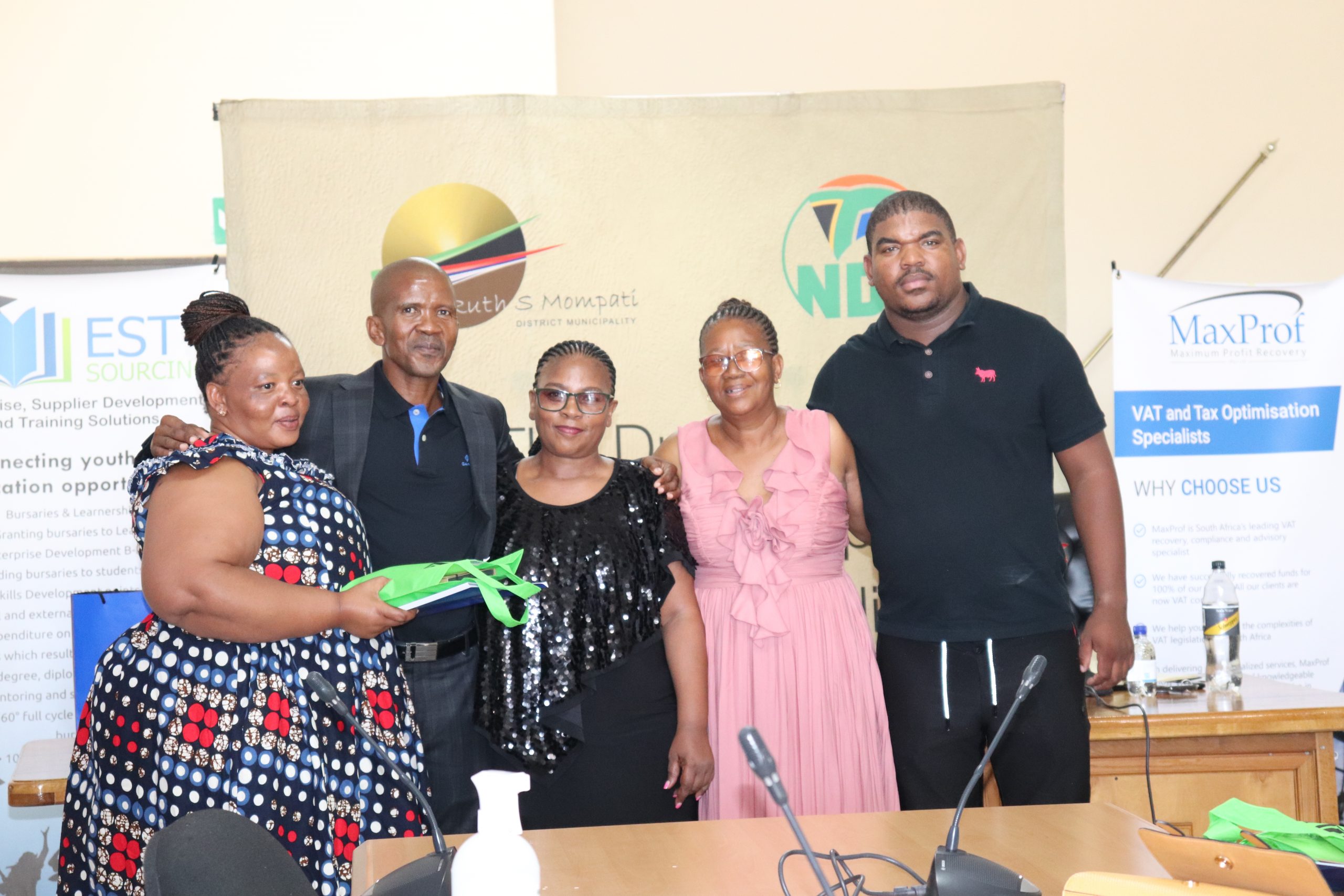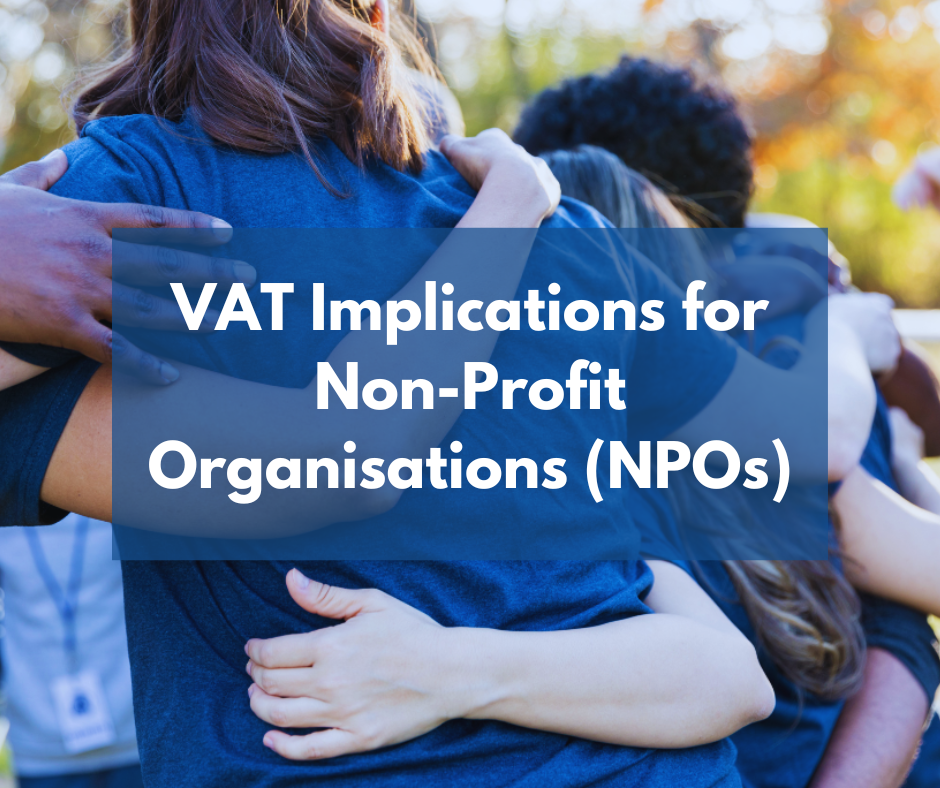South African municipalities have faced significant challenges in recent years. However, the recent budget speech offered a glimmer of hope. This blog post dives into the key takeaways for municipalities, exploring both the potential for increased funding and infrastructure investment, as well as the challenges and conditions that may be attached.
We’ll examine the allocated R531.7 billion for local governments, explore the impact of a national infrastructure push, and analyse the additional disaster relief funding. But it’s not all sunshine and roses. We’ll also discuss the ongoing financial struggles faced by municipalities, concerns about governance, and potential cuts to existing grants. Stay tuned as we unpack the budget’s impact on South Africa’s municipalities, highlighting both opportunities and hurdles.
Increased Funding:
The budget allocates a significant portion (R531.7 billion) to local governments over the next three years, representing over half (51.1%) of non-interest expenditures. This could provide municipalities with more resources for service delivery, however strict governance controls may need to be implemented.
Infrastructure Investment:
The government plans to invest heavily in public infrastructure (over R943 billion), which could benefit municipalities through refurbishment, maintenance, and potentially new projects.
Disaster Relief:
An additional R1.4 billion is allocated for the municipal disaster recovery grant, specifically to address infrastructure damage from the 2023 KZN floods.
Challenges and Conditions:
- The speech acknowledges the financial struggles of many municipalities, including high debt levels, particularly to Eskom. While there’s mention of working on a debt relief solution with Eskom, it’s likely to come with conditions attached.
- Eskom’s Debt: A Drain on Equitable Shares
- One of the biggest challenges for both municipalities and the national government is Eskom’s massive debt burden. The interest payments on this debt are significant and come from the national revenue pool. This in turn reduces the amount of money available for equitable shares allocated to municipalities.
- In essence, municipalities are indirectly subsidizing Eskom’s debt through reduced funding. This creates a vicious cycle where struggling municipalities struggle to provide services, leading to potential revenue losses and further strain on the national fiscus.
- Eskom’s Debt: A Drain on Equitable Shares
- The National Treasury also highlights concerns about weak governance and service delivery in some municipalities. Continued funding may be contingent on improvements in these areas.
- Budget cuts to some existing grant baselines could also impact certain municipal programs.
- Now let us discuss how budget cuts to existing grant baselines could impact certain municipal programs in several ways:
- Reduced funding for programs: The most direct impact would be a reduction in the amount of money available for specific municipal programs. This could lead to cutbacks in services, such as:
- Fewer resources for infrastructure projects: This could mean delays in repairs to roads, water treatment plants, and other essential infrastructure.
- Reduced funding for social programs: Programs that provide vital services to vulnerable communities, such as soup kitchens or HIV/AIDS clinics, could see their budgets shrink.
- Cuts to staff positions: Municipalities may be forced to lay off staff to balance their budgets, which could reduce the efficiency and effectiveness of service delivery.
- Increased burden on municipalities: With less grant money coming from the national government, municipalities will have to find ways to make up the shortfall. This could lead to:
- Higher rates and taxes: Municipalities may raise rates and taxes on residents and businesses to generate more revenue.
- Diverting funds from other programs: Municipalities may be forced to take money away from other important programs to fund essential services.
- Halt to new initiatives: Budget cuts could make it difficult for municipalities to initiate new programs or projects, even if they are desperately needed. This could stifle innovation and make it harder for municipalities to address new challenges.
- Uncertain future for programs: With grant baselines cut, there is uncertainty about the future funding of these programs. This can make it difficult for municipalities to plan and budget effectively, and it can discourage them from investing in long-term projects.
- Reduced funding for programs: The most direct impact would be a reduction in the amount of money available for specific municipal programs. This could lead to cutbacks in services, such as:
Overall, the budget offers some positive signs for municipalities with increased funding and infrastructure focus. However, challenges remain, and accessing these resources may depend on improved financial management, governance, and service delivery.
What does that mean for your business?
- Increased business: More funding for municipalities could lead to a rise in procurement activities and overall economic activity within municipalities. This translates to potentially increased revenue as well as increased taxes.
- Focus on compliance: With a spotlight on financial management and improved service delivery, greater emphasis should be placed on VAT regulations and accurate VAT accounting practices to ensure compliance with SARS.
- Infrastructure projects: we have noticed increased in projects being awarded to joint ventures, many of these joint ventures are not registered for VAT even though the project value is far above the VAT registration threshold. All joint ventures are seen as legal entities and should be registered as such.
- Technology and automation: Increased funding might allow municipalities to invest in technology and automation within the financial department, such as digitising source documents, which will minimise the risk of documents being lost or destroyed. It might further assist in timeous responses to Auditor General and the South African Revenue Service.
In conclusion, while the projected rise in municipal spending offers a promising outlook, this would require an increase in resources with an understanding of the relevant procurement processes and project management from your finance department. It will also be imperative to keep up to date with any amendments to the Tax legislation within your sphere of business.
Written by,
Malesela Sethowa, Auditor – MaxProf















